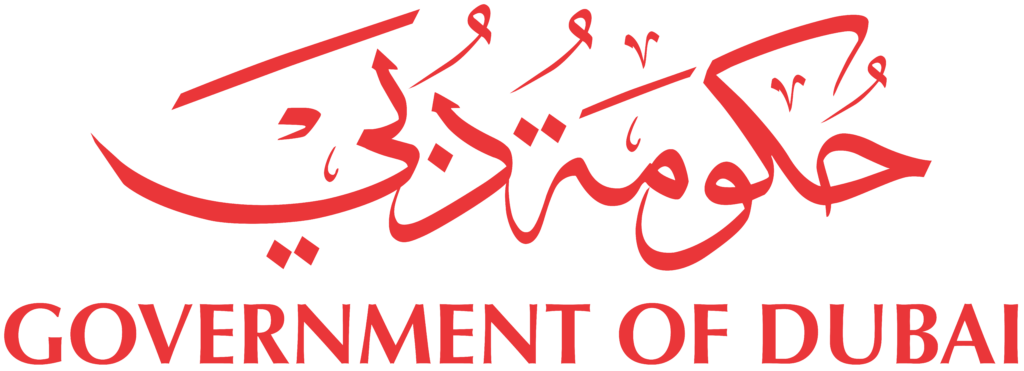Islamic finance plays a significant role in promoting financial inclusion by providing access to financial services for individuals and businesses that may otherwise be excluded due to conventional banking practices. By adhering to principles such as risk-sharing, prohibition of interest (riba), and ethical investments, Islamic finance creates opportunities for underserved populations, including those in low-income and rural areas.
In the UAE and globally, Islamic finance has been instrumental in bridging the gap between traditional banking and the needs of diverse communities. Its focus on equity-based financing and socially responsible investments makes it an effective tool for fostering economic growth and reducing inequality.
Program Objectives:
• Understand the core principles of Islamic finance and how they align with financial inclusion goals.
• Explore the role of Islamic finance in addressing the needs of unbanked and underbanked populations.
• Analyze the impact of Islamic microfinance in promoting entrepreneurship and reducing poverty.
• Study successful case studies of financial inclusion initiatives driven by Islamic finance.
• Evaluate the challenges and opportunities in implementing Islamic financial products for financial inclusion.
• Learn about the regulatory frameworks that support Islamic finance in fostering inclusivity.
• Develop strategies to leverage Islamic finance for expanding access to financial services.
• Examine the contribution of Islamic finance to economic empowerment and community development.
This program equips participants with insights into how Islamic finance can drive financial inclusion, offering practical strategies to leverage its principles for building a more inclusive and equitable financial ecosystem.


